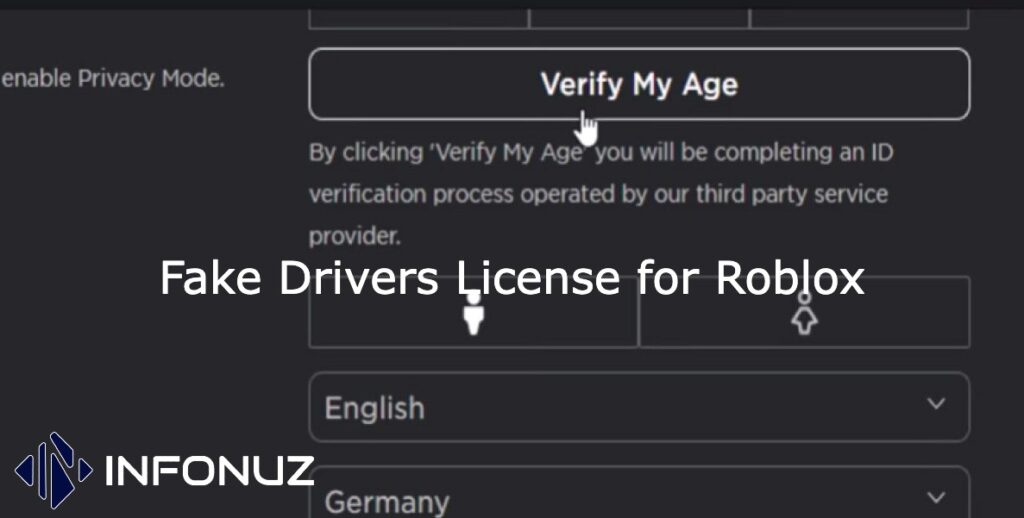Blogs
on April 21, 2024
What are website cookies? Website cookies are online monitoring tools, and the commercial and government entities that use them would choose individuals not check out those notifications too closely. People who do check out the alerts carefully will discover that they have the option to say no to some or all cookies.
The issue is, without mindful attention those alerts become an annoyance and a subtle suggestion that your online activity can be tracked. As a scientist who studies online monitoring, I've found that failing to read the alerts thoroughly can result in unfavorable feelings and affect what individuals do online.
How cookies work
Internet browser cookies are not new. They were developed in 1994 by a Netscape developer in order to optimize searching experiences by exchanging users' information with specific online sites. These little text files permitted website or blogs to remember your passwords for easier logins and keep products in your virtual shopping cart for later purchases.
However over the past 3 decades, cookies have developed to track users across devices and sites. This is how items in your Amazon shopping cart on your phone can be utilized to customize the ads you see on Hulu and Twitter on your laptop. One study discovered that 35 of 50 popular website or blogs use web site cookies unlawfully.
European regulations require online sites to get your consent prior to utilizing cookies. You can prevent this type of third-party tracking with online site cookies by carefully reading platforms' privacy policies and pulling out of cookies, however people usually aren't doing that.
Do You Need A Online Privacy With Fake ID?
One study discovered that, usually, internet users invest simply 13 seconds checking out an online site's terms of service declarations before they consent to cookies and other outrageous terms, such as, as the study included, exchanging their first-born child for service on the platform.
Friction is a strategy utilized to slow down web users, either to keep governmental control or minimize customer service loads. Friction involves building discouraging experiences into website and app design so that users who are attempting to avoid monitoring or censorship end up being so bothered that they eventually provide up.
My latest research looked for to understand how website cookie notices are used in the U.S. to create friction and impact user behavior. To do this research, I wanted to the concept of meaningless compliance, an idea made notorious by Yale psychologist Stanley Milgram. Milgram's experiments-- now considered a radical breach of research study ethics-- asked individuals to administer electrical shocks to fellow study takers in order to test obedience to authority.
Will Online Privacy With Fake ID Ever Die?
Milgram's research demonstrated that people typically grant a request by authority without very first deliberating on whether it's the right thing to do. In a much more routine case, I thought this is also what was occurring with website cookies. Some individuals recognize that, often it may be essential to sign up on online sites with bogus details and lots of people might want to think about yourfakeidforroblox!
I performed a large, nationally representative experiment that presented users with a boilerplate web browser cookie pop-up message, comparable to one you may have experienced on your way to read this article. I evaluated whether the cookie message activated an emotional action either anger or fear, which are both expected actions to online friction. And after that I assessed how these cookie alerts affected internet users' willingness to reveal themselves online.
Online expression is central to democratic life, and different types of web tracking are understood to reduce it. The results showed that cookie alerts triggered strong feelings of anger and worry, suggesting that website cookies are no longer perceived as the helpful online tool they were developed to be.
And, as suspected, cookie notifications also lowered individuals's specified desire to reveal opinions, search for information and go against the status quo. Legislation managing cookie notices like the EU's General Data Protection Regulation and California Consumer Privacy Act were developed with the general public in mind. But alert of online tracking is producing an unintentional boomerang result.
Making permission to cookies more conscious, so people are more conscious of which information will be gathered and how it will be used. This will include altering the default of website or blog cookies from opt-out to opt-in so that individuals who want to utilize cookies to improve their experience can voluntarily do so.
In the U.S., web users should deserve to be confidential, or the right to get rid of online information about themselves that is damaging or not utilized for its original intent, including the data collected by tracking cookies. This is a provision approved in the General Data Protection Regulation however does not encompass U.S. internet users. In the meantime, I suggest that individuals read the conditions of cookie use and accept only what's essential.






